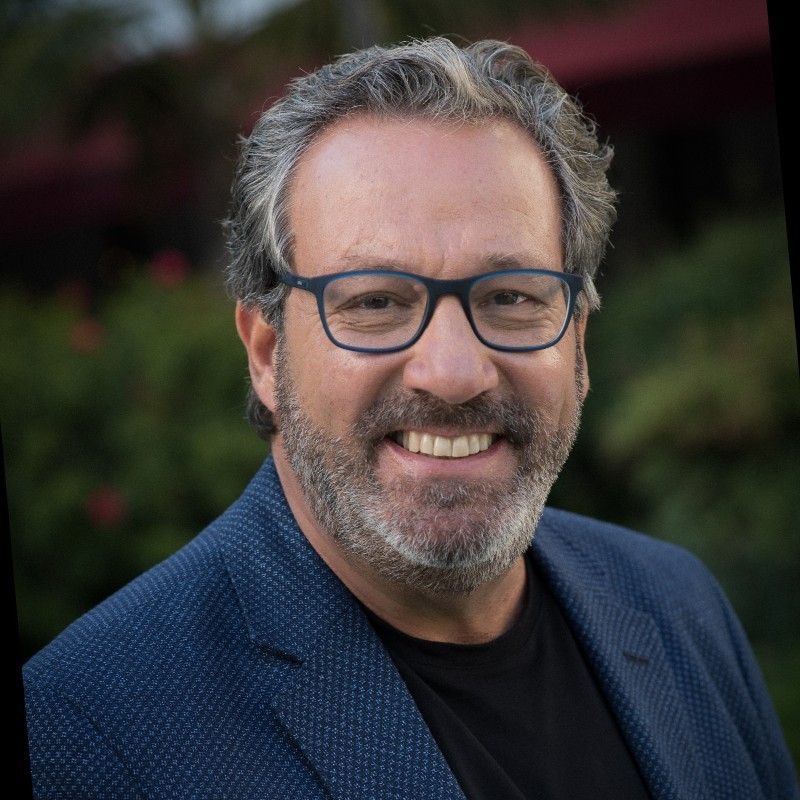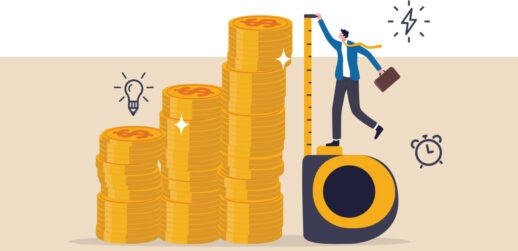On Reskilling for The Future
- Director, L. Robert Payne School of Hospitality & Tourism Management at San Diego State University
- Director, Tourism Diversity Matters Board
- Founding Director, China Hospitality Education Initiative
- Academic Advisor, J. Willard & Alice S. Marriott Foundation
What is your vision for the future?
One of the best things that happened to the events industry was called Covid-19. It put a stop to every meeting in the world—literally. As it’s been coming back, everyone started asking, “Wait, why are we meeting? Do we need to meet? If we do meet, what makes it a good meeting? What are the objectives, the outcomes?” We need to design to those goals.
If it’s a fundraiser, for example, the objective might be to raise money. So, let’s make sure every design element drives more money. The planners who can talk at those strategic levels are going to make more money, and the ‘server’ is going to make less money.
What skills will be required to be successful in this new landscape?
Research shows that so-called soft skills—and, to some extent, emotional intelligence—are important now, but knowing the optimal layout of a ballroom, technical abilities, isn’t really on the list. Handling stress and influencing a group of people you don’t directly manage are important. Communication, aptitude with numbers, grit and resilience, too. Any planner will tell you, this is a hard job. It’s not sunshine and bunnies; these are 16-hour days, sometimes in a row. If you don’t have these qualities built into you, you’re not going to be as successful.
The planner of the future will be a strategist.
What is driving students into hospitality today?
The answer to that question is completely different in 2022 than it was in 2019. I can say this with complete certaintly: Virtually 100% of the hospitality and event programs on the planet had massive declines in enrollment following Covid—anywhere from 10-15%. There were zero jobs open in hospitality a year ago. And there was no event planning, so people left.
During that two-year period, people reexamined their lives and said, “I don’t want stress.” Hospitality and event workers were hit especially hard during the Great Resignation.
Prior to Covid, it was common to have a freshman come to my office and describe a scene from the 2001 movie The Wedding Planner. They were into the glamour, the energy and buzz. But that isn’t what the job actually is. You’re producing sexy, cool stuff; you’re not experiencing it.
Now sporting events and music festivals, the social part of events, is driving interest. They’re not thinking about corporate events or incentive travel, and these are things I feel we have a responsibility to introduce them to.
How can we retrain existing meeting professionals for the changing requirements and expectations?
I’m convinced some won’t be retrainable, but will stay in the industry at a lower rate of pay. They’ll be working for the meeting producer who’s determining budget and logistics.
“What if we defined the meeting with real, hard metrics of success?”
Covid forced adaptatation to this virtual mode, and it’s going to be here forever as a supplementary form. I would become a master at producing what we’re calling hybrid events right now.
Will the emphasis on DEI be a fad or a meaningful tool for bringing more voices into the industry to improve outcomes?
I draw a lot of parallels between DEI activity and sustainability. In the ‘80s and early ‘90s, virtually every hotel in the U.S. had smoking as an option. As a hotelier at the time, I was running groups at hotels and the brand told us 10% of our rooms needed to be non-smoking. We grumbled, but we did it. Then we realized, these rooms don’t need to be cleaned as much because they don’t smell like smoke. So, we thought, let’s do 20% of rooms. And it ended up being 100% because it was cheaper for us.
Adoption of the ‘green stuff’ has been because it’s good for business and the bottom line. Hotels have recycling programs now because they make money.
It will be the same with DEI. Groups make better decisions when they’re diverse. I’m comfortable with my thinking; but if it’s just me, I’m going to miss something. So, I want to surround myself with non-me people who have a voice that can influence a conversation.
That’s hard for people in power to do. But there’s a business case. Diverse organizations make more revenue and output better. We need thought diversity.
What gets you excited about the future of meeting planning?
Up to 10 years ago, anyone who went into the event industry did it by accident. What’s happening now is these young people want to produce the show. Events is finally getting recognized as a profession.
This article appears in the April 2022 issue.




